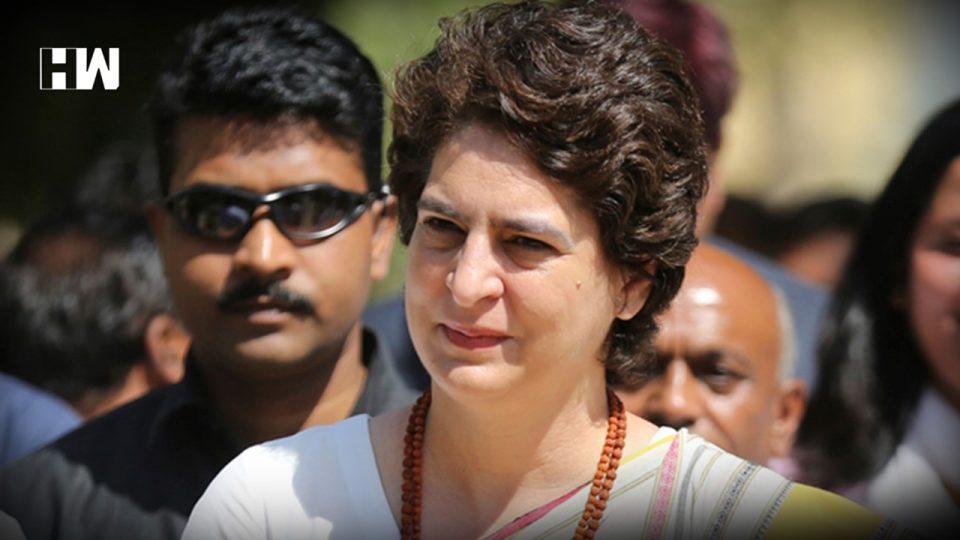The SPG Act, enacted by Parliament in 1988, was initially supposed to provide security to only the prime minister and former prime ministers of India
New Delhi: On November 26 Congress leader Priyanka Gandhi suffered a grave security breach, weeks after her SPG tag was removed a car with five people made its way into her residence. This matter leads to a serious concern over the security of the Gandhi family.
On Monday Gandhi’s office revealed that the group went up to her and was able to click pictures of the Z-plus protectee.
According to the Sources, the breach has triggered a blame game between the Delhi Police and the CRPF on who allowed the car to enter the premises. A formal complaint has been lodged with the CRPF.
Apart from Priyanka, her brother Rahul and mother Sonia was an SPG protectee until November 4. The Special Protection Group (SPG) cover to all three Congress leaders was withdrawn and that remains Z-plus protectee.
The Z-plus security provides the family commandos from the CRPF paramilitary force in close proximity besides guards at their homes and travel across India.
SPG protectees are provided with guards, hi-tech vehicles, jammers and an ambulance in their motorcade. Prime Minister Narendra Modi is now the only SPG protectee in India.
Union Minister of State for Home G Kishan Reddy said the discussion on the matter will be done with officers. “I don’t know the details yet. I am coming from Lok Sabha. I will go and discuss the matter with my officers,” Mr. Reddy said.
A senior officer of Delhi Police Deepak Yadav said they haven’t got any complaint yet. “No complaints received in local police Station regarding the entry of any unauthorized vehicle in the house of Priyanka Gandhi,”.
The SPG cover for Priyanka Gandhi’s mother Sonia Gandhi and brother Rahul Gandhi were also withdrawn and they were placed under the Z-plus category, which ensures security cover by around 100 personnel.
According to government sources attributed the revision to a lower threat perception for the family, who had been under the tightest security after former Prime Minister Rajiv Gandhi was assassinated in 1991 by bombers of the Lankan terror group LTTE.
The SPG Act, enacted by Parliament in 1988, was initially supposed to provide security to only the prime minister and former prime ministers of India.
On October 31, 1984, the need for a separate force for guarding the prime minister of the country was felt after Indira Gandhi was assassinated by her own security guards.
As an independent media platform, we do not take advertisements from governments and corporate houses. It is you, our readers, who have supported us on our journey to do honest and unbiased journalism. Please contribute, so that we can continue to do the same in future.

